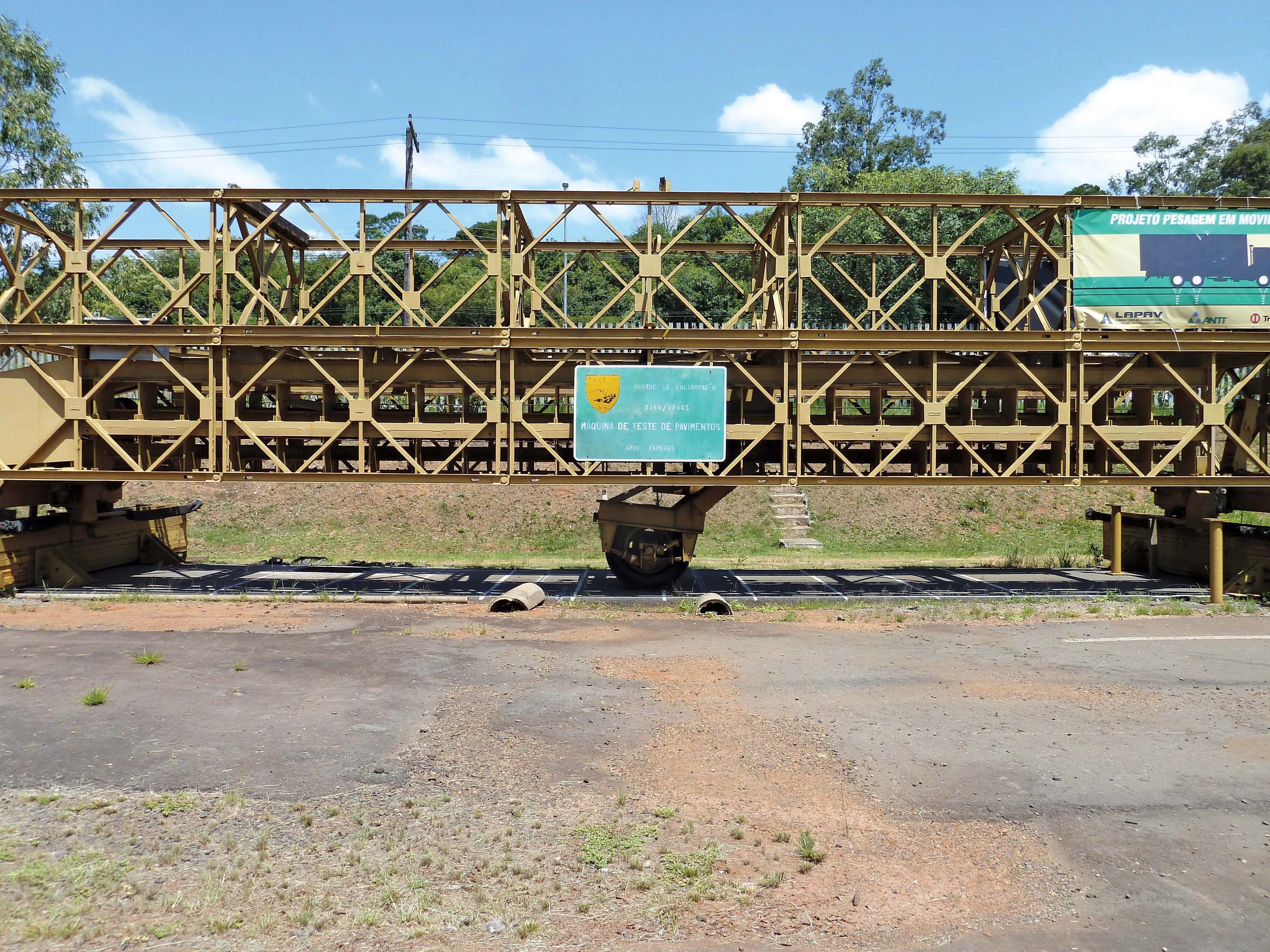Further evidence is emerging of the potential risks of glass beads used for road markings supplied by Chinese firms.
March 1, 2012
Read time: 3 mins
Further evidence is emerging of the potential risks of glass beads used for road markings supplied by Chinese firms.
A new study by Rowan University in the US has reaffirmed that the glass beads contain high levels of arsenic and lead.
The three year study was funded by the2555 New Jersey Department of Transportation and is said to be definitive on the subject, according to American Glass Bead Manufacturers' Association. There has been concern over the quality and safety of Chinese supplied glass for some time and the new study by the New Jersey Institute of Technology/Rowan University offers definitive evidence that a growing number of imported glass beads for highway markings exhibit high concentrations of heavy metals and are susceptible to rapid leaching. The three-year study reaffirms prior research work which has shown that imported glass beads can have high levels of arsenic and lead and were quickly susceptible to leaching with exposure to ground water and normal environmental conditions. "The findings from this exhaustive study solidify all the previous research and are consistent with a recent Texas A&M University 2347 Texas Transportation Institute (TTI) study," said Robert McClune, president of the American Glass Bead Manufacturers' Association. "They also confirm what our membership has known to be true for quite some time." The Rowan University study revealed significant concentrations of heavy metals and leached concentrations were found to exceed the water quality criteria of New Jersey. The study said protective limits should be set for total concentrations in glass beads at 100ppm for arsenic and 100ppm for lead.
The trade group notes that glass beads manufactured by companies in emerging nations, particularly China, continue to use glass made from old glass-making techniques which require chemical modification resulting in products containing high levels of arsenic and lead. In comparison, US producers use environmentally-friendly materials such as recycled flat glass to make their glass beads which do not contain high levels of arsenic and lead. These glass bead products are primarily used for highway safety markings, providing the light-reflective lane markings found on highways around the world. "Based on the scientific evidence, the Texas Transportation Institute (TTI) study, and now the results from the New Jersey Institute of Technology/Rowan University study, it's time for state and federal transportation officials and lawmakers to act and establish a standard for engineered glass beads in highway markings and prevent these hazardous substances from being applied to our roads and highways," said McClune. Over the past several years, the association has worked diligently to raise awareness of the issue, citing the need to hold all manufacturers to higher quality standards that protect the environment and highway worker safety by avoiding the use of products that contain hazardous materials. Setting a heavy metals standard for glass beads has gained strong support from environmental groups like the Sierra Club, state and federal lawmakers, and unions like the International Union of Operating Engineers. Through the efforts of the association, a total of 21 states have now adopted laws or regulations that set limits for heavy metals content in glass beads used on highway markings.
In the last month, West Virginia and Maryland have adopted contract specifications that limit the level of arsenic and lead in glass beads for highway markings. The focus on avoiding the utilization of glass beads containing hazardous materials is intensifying globally with the1116 European Union, Australia, New Zealand, and several Canadian provinces already setting similar standards. China, a major source of these questionable glass beads, has also set strict heavy metal standards for internal use but continues to export contaminated glass bead products to other nations, including the US, according to the association.
A new study by Rowan University in the US has reaffirmed that the glass beads contain high levels of arsenic and lead.
The three year study was funded by the
The trade group notes that glass beads manufactured by companies in emerging nations, particularly China, continue to use glass made from old glass-making techniques which require chemical modification resulting in products containing high levels of arsenic and lead. In comparison, US producers use environmentally-friendly materials such as recycled flat glass to make their glass beads which do not contain high levels of arsenic and lead. These glass bead products are primarily used for highway safety markings, providing the light-reflective lane markings found on highways around the world. "Based on the scientific evidence, the Texas Transportation Institute (TTI) study, and now the results from the New Jersey Institute of Technology/Rowan University study, it's time for state and federal transportation officials and lawmakers to act and establish a standard for engineered glass beads in highway markings and prevent these hazardous substances from being applied to our roads and highways," said McClune. Over the past several years, the association has worked diligently to raise awareness of the issue, citing the need to hold all manufacturers to higher quality standards that protect the environment and highway worker safety by avoiding the use of products that contain hazardous materials. Setting a heavy metals standard for glass beads has gained strong support from environmental groups like the Sierra Club, state and federal lawmakers, and unions like the International Union of Operating Engineers. Through the efforts of the association, a total of 21 states have now adopted laws or regulations that set limits for heavy metals content in glass beads used on highway markings.
In the last month, West Virginia and Maryland have adopted contract specifications that limit the level of arsenic and lead in glass beads for highway markings. The focus on avoiding the utilization of glass beads containing hazardous materials is intensifying globally with the








